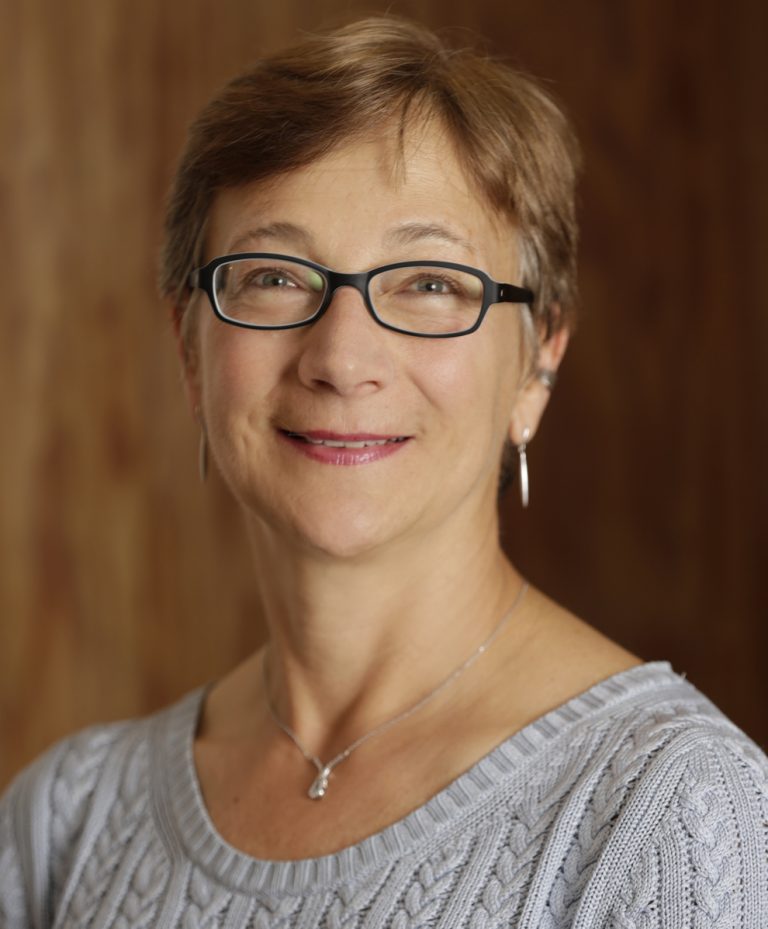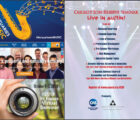
At this stage of my tenure, I can wholeheartedly declare that my presidential theme for the year is constant change. Since writing my last column, The CAS Institute announced its first credential, the Certified Specialist in Predictive Analytics (CSPA). We’ve also announced changes to our basic education system with the introduction of two Modern Actuarial Statistics exams, known as MAS I and MAS II.
These two developments are inspired by the growing emphasis on predictive analytics in our world. Actuaries have always been predictive modelers, but in recent years, the data and tools available for modeling have changed drastically, and the CAS is keeping pace. I am particularly excited about these changes because they are evidence of the CAS culture of innovation and educational excellence.
A New Credential Marks Growth
The CAS Institute is moving ahead with an innovative approach to bringing analytics business partners into our community. The CSPA credential provides our new partners with a business context for their models. At the same time, the credential establishes a standard that gives employers an objective measure of a candidate’s knowledge. Employers trust that the CAS is an organization that sets and maintains high standards for education, and this trust extends to the new credentials that will be offered by The CAS Institute.
Development of the syllabus and the assessments for the first credential has come together at an extraordinary pace. We’ll be honoring those awarded the credential as experienced practitioners, our first class of CSPAs, at the Ratemaking and Product Management Seminar in March 2017. We’re looking forward to welcoming these professionals into our community.
The New Basics
In order for actuaries to remain valued business partners, we need to stay up to date with the latest techniques available for evaluating and assessing risk. To this end, we are continuously evaluating our ACAS and FCAS requirements. As new tools are developed, the relevance of subject matter can change. The emergence of big data and predictive analytics predicates the need for all actuaries to understand the basic theory underlying the new tools. We may not all become expert users of these new methods, but we will all be working side by side with those who are, and we need to be informed.
The CSPA credential … gives employers an objective measure of a candidate’s knowledge.
The new Modern Actuarial Statistics exams, MAS I and MAS II, represent a broader scope of change borne of necessity. MAS I and MAS II will ensure that our candidates have that fundamental understanding.
New Delivery Systems
As the world becomes more complex, actuaries need to be responsive and inventive. We need to be able to integrate knowledge from multiple domains. Consequently, our admissions volunteers are scanning the environment for better ways to deliver educational material and to verify knowledge. We are moving to more integrative questions on our exams, and The CAS Institute’s CSPA credential will require candidates to complete an integrated project.
These responsive innovations are a good start, but we also need to consider further changes to our education system:
- Could our past methods have attracted candidates with a less than fluid approach to the world?
- Does pen and paper testing from prescribed readings encourage agile and innovative thinking?
These are challenging questions to consider.
A Changing Work Environment and Education
Workplaces have been revamped. Attention spans and expectations for career progress have changed. Today, we work side by side (and often remotely) with other team members with different areas of expertise. The business problems we are analyzing are more complex and are changing daily.
We can be proud of our rigorous education system, but we also need to accept that other training and perspectives add value to final decisions. The reasoning behind our education can’t just be, “This is how it’s always been done.” It has to become, “This is a new way we can think about it.” Otherwise, how will we attract the best and brightest to the profession? If we stick to our current model — with an average travel time from date of first employment to Fellowship of 6.5 years — we may find that we are stuck. We must adapt.
Change is Good
Considering all that is happening, I get very excited when I think about actuarial education. The CAS is making changes! We are responding with innovative solutions to the challenges of preparing our candidates for successful actuarial careers.
But as we look to our future, our goals haven’t truly changed that much. The actions we undertake to achieve those goals may change radically, but the things we need to excel at remain very much the same.
CAS President Nancy Braithwaite is 2nd vice president for Travelers in New York City.











